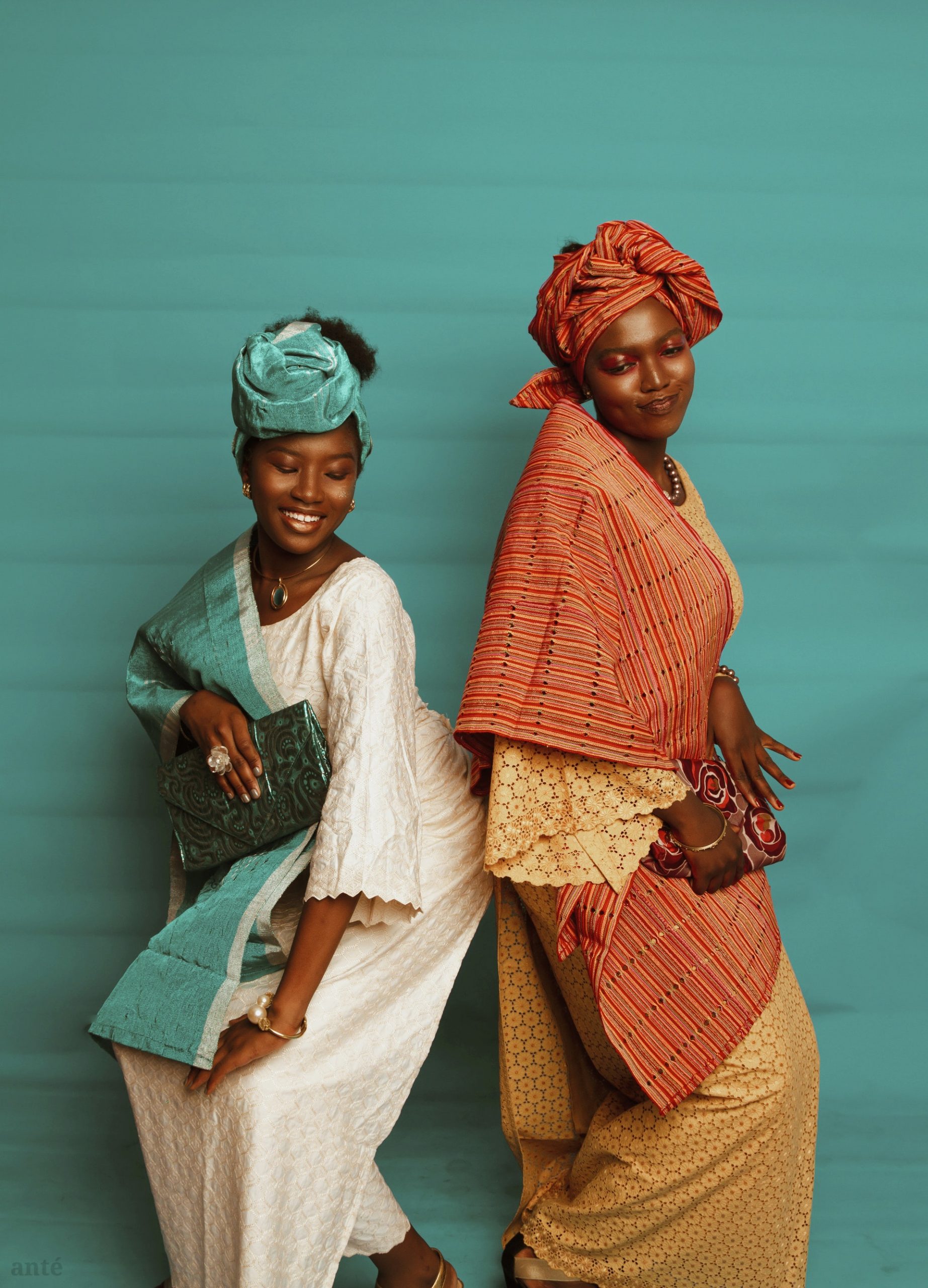International Women's Day is a global celebration of the social, economic, cultural, and political achievements of women. It is also a time to reflect on the progress made towards gender equality and the work that remains to be done. For African women, this day is an opportunity to celebrate their resilience, strength, and contributions to society, while also acknowledging the challenges they face.
According to the United Nations Development Programme (UNDP), women in Africa continue to be disadvantaged in many areas, including education, health, and economic participation. For example, African women are less likely than men to complete secondary education and are more likely to suffer from maternal mortality and other health issues. They also face significant barriers to entering the workforce and earning a decent income.
Despite these challenges, African women have made significant strides in recent years. For example, the percentage of women in African parliaments has increased from 9.8% in 1995 to 24.5% in 2021, according to the Inter-Parliamentary Union. Women are also starting and running more businesses in Africa than ever before, with the Global Entrepreneurship Monitor reporting that women account for nearly half of all entrepreneurs in Sub-Saharan Africa.
To continue this progress, it is crucial that we support and empower African women. This means investing in education and training programs that help women develop the skills they need to succeed in the workforce. It also means promoting policies that eliminate gender-based discrimination and promote gender equality. For example, many African countries have enacted laws to promote gender parity in politics and to protect women from gender-based violence.
 Additionally, we must encourage women to pursue their passions and dreams. African women are capable of achieving great things, whether it's starting a business, becoming a leader in their community, or pursuing a career in a traditionally male-dominated field. It's important to provide women with the support, resources, and mentorship they need to succeed.
Additionally, we must encourage women to pursue their passions and dreams. African women are capable of achieving great things, whether it's starting a business, becoming a leader in their community, or pursuing a career in a traditionally male-dominated field. It's important to provide women with the support, resources, and mentorship they need to succeed.
Finally, we must recognize and celebrate the achievements of African women. By highlighting the successes of women in our communities, we can inspire the next generation of African women to aim high and pursue their goals with confidence. We can also help shift the narrative around women in Africa from one of victimhood and struggle to one of strength, resilience, and possibility.
International Women's Day is a day of celebration and reflection for women worldwide, including African women who have faced numerous challenges in various areas. While progress has been made towards gender equality in Africa, much work remains to be done. To continue this progress, we must empower and support African women by investing in education and training programs, promoting policies that eliminate gender-based discrimination, and encouraging women to pursue their passions and dreams. We must also recognize and celebrate the achievements of African women to inspire the next generation of women to aim high and pursue their goals with confidence. Overall, International Women's Day serves as a reminder that the journey towards gender equality is ongoing and requires continued effort and commitment.Empowering African



